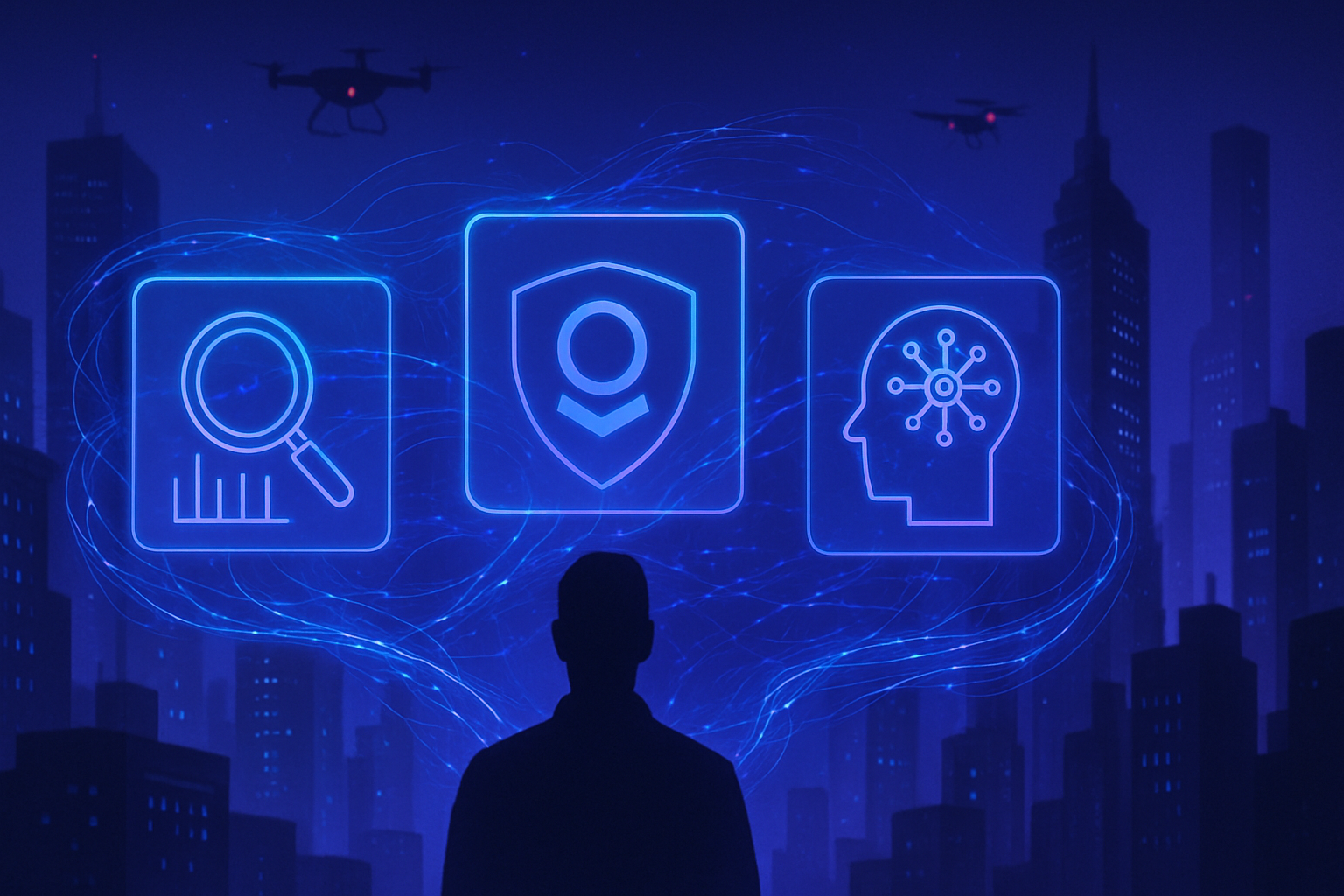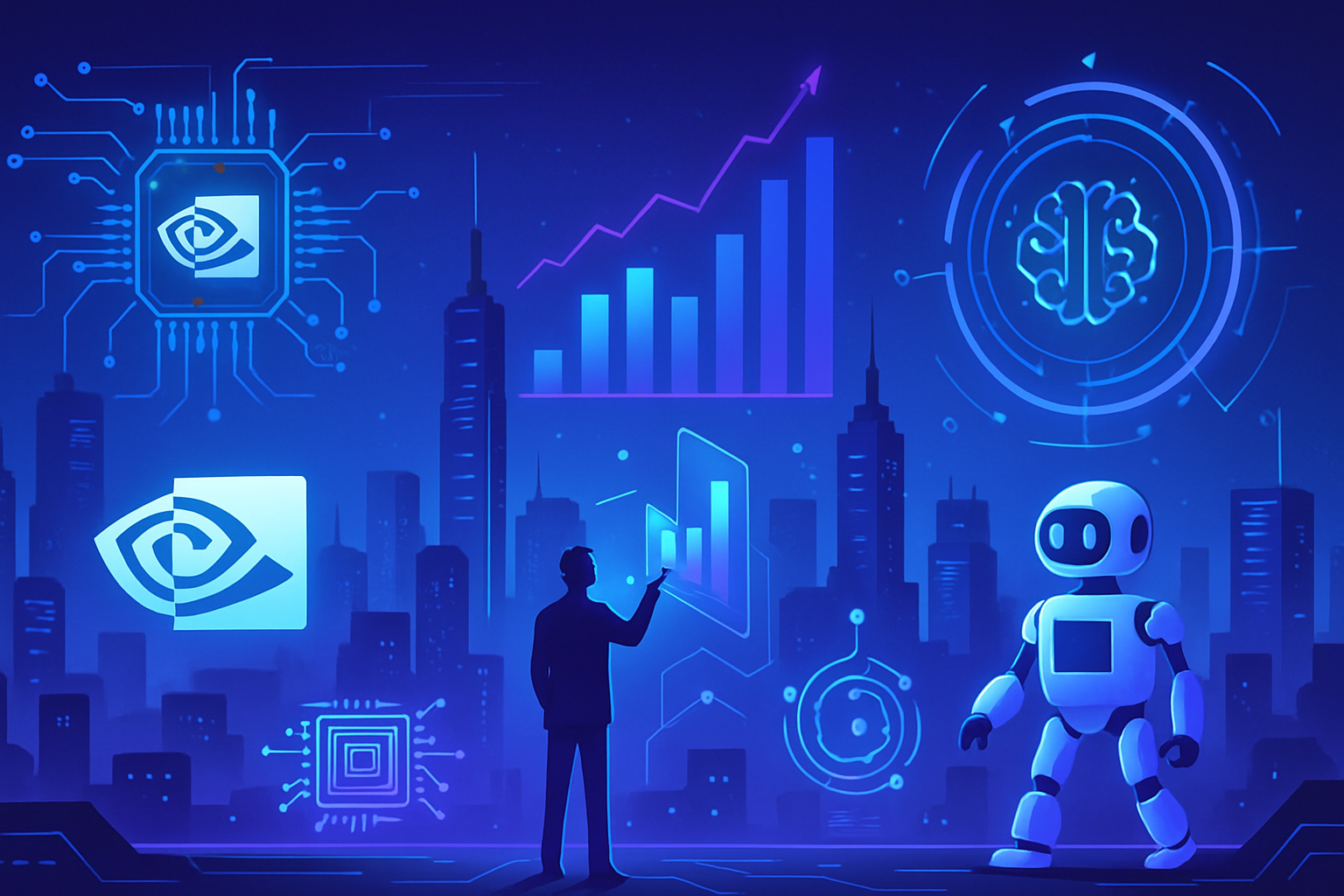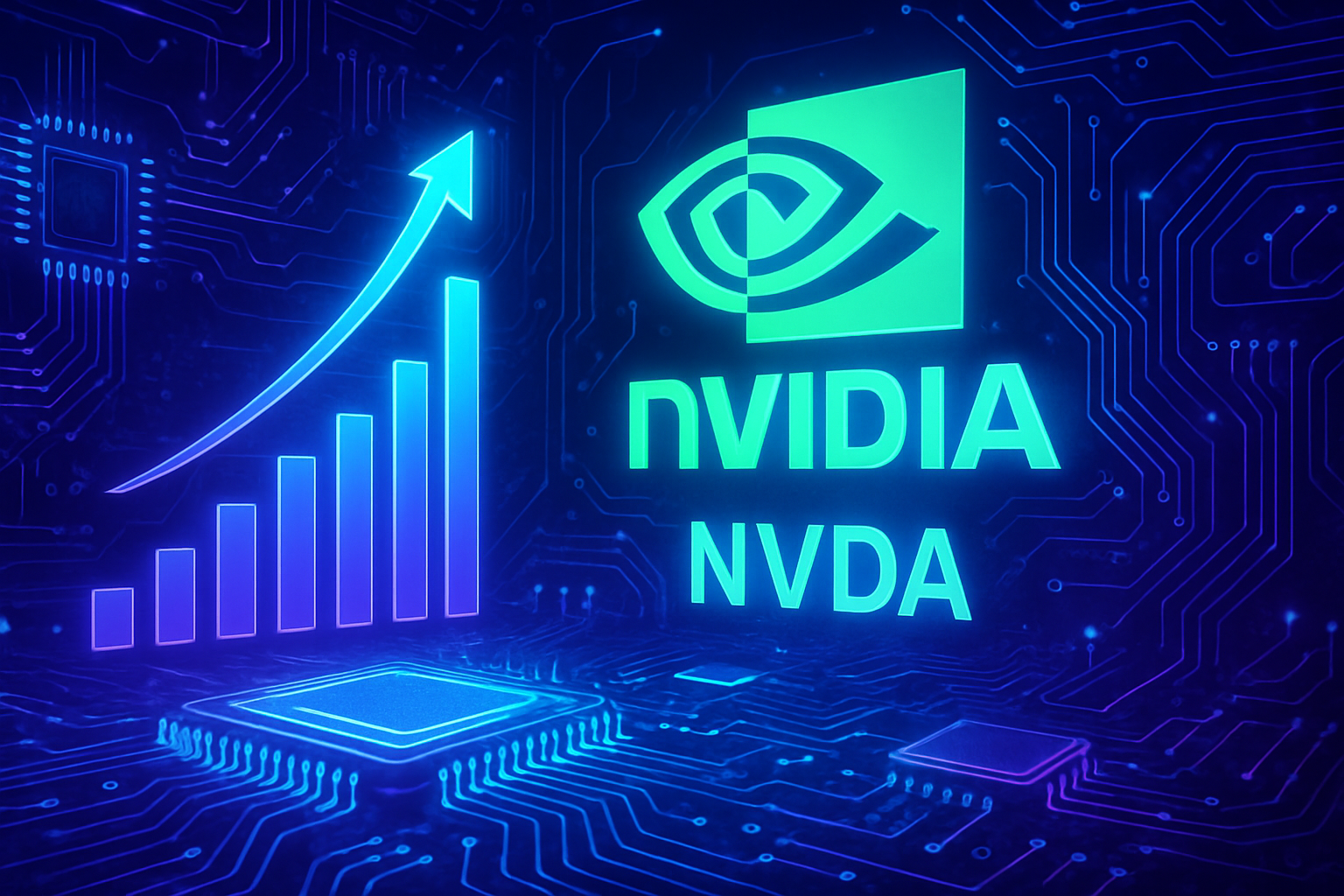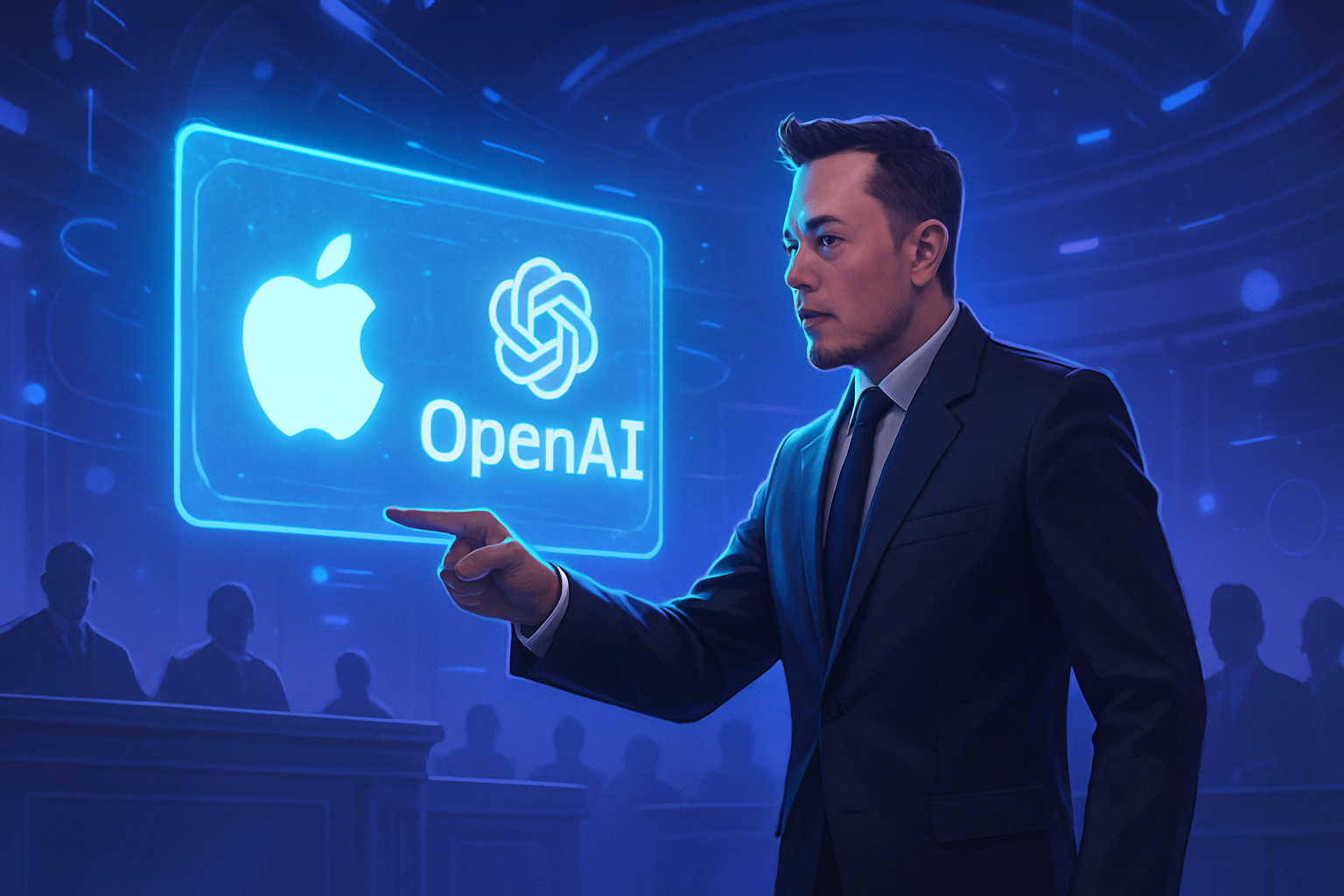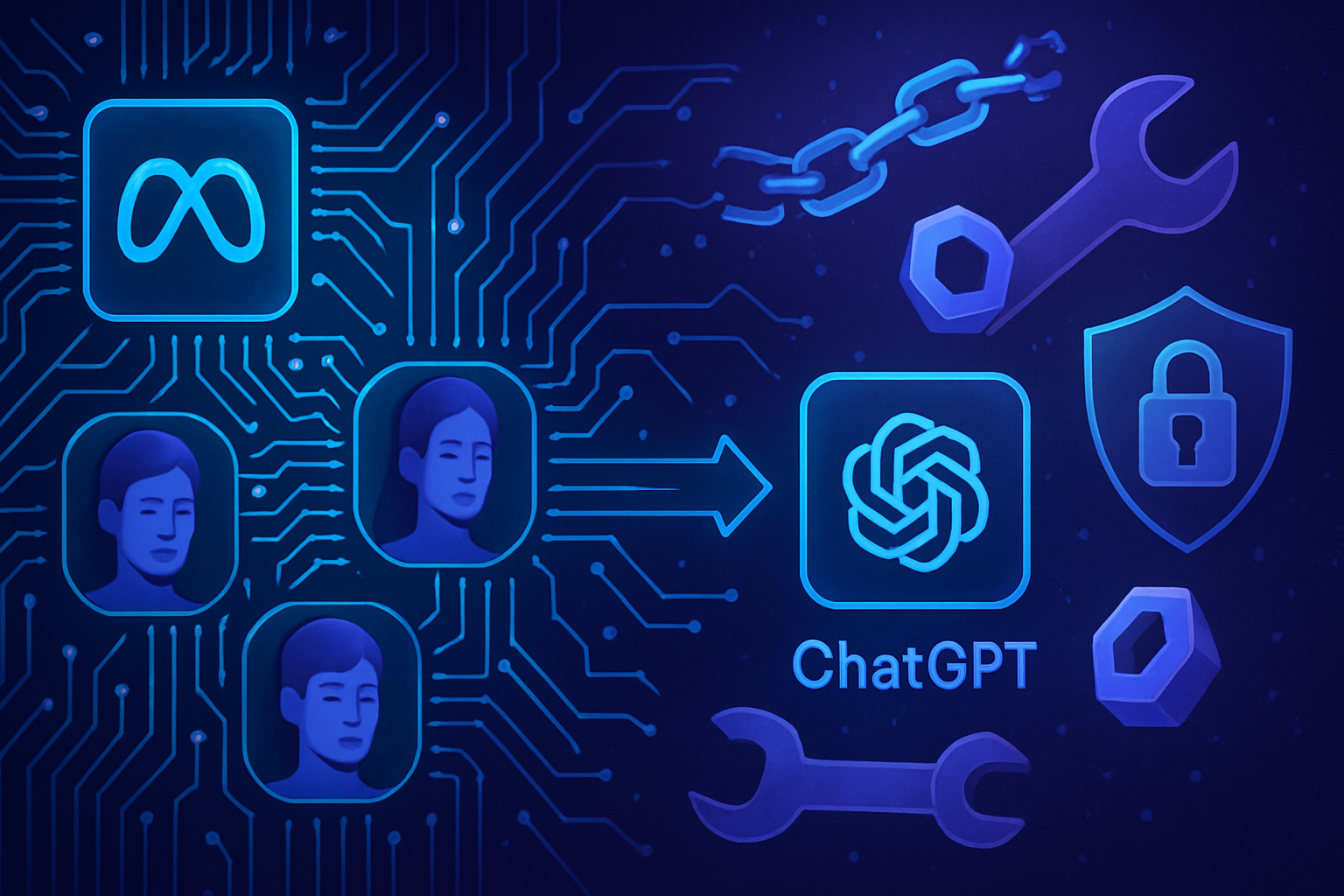Palantir’s tools embody a latent threat, shaped by omnipresent surveillance and automated decisions. Sophisticated systems collect personal data en masse without ever revealing their devastating impact on individuals’ lives. Civil rights are fading in the face of this technology. The opacity of their operation makes it difficult to understand the potential consequences, plunging society into a troubling ignorance. The question of ethical responsibility remains unanswered. Data manipulation not only exposes vulnerabilities in our lives but also transforms human interactions into mere numbers, thereby affecting our very essence. This invisible danger is evolving at an alarming rate.
Palantir’s Surveillance Tools
The technologies developed by Palantir represent a sophisticated threat to civil liberties. Designed for defense, these applications exploit vast databases, gathering varied information to create detailed profiles of individuals. These databases include both public and private information, such as biometric data and social media histories.
The architecture of the Istar systems, integrated into large-scale operations, highlights their potential to cause harm. These systems enable unprecedented tracking, resulting in omnipresent surveillance that invades citizens’ daily lives. Advanced analytical functionalities exploit algorithms to detect invisible patterns, often without the individuals concerned being aware of it.
Consequences of Technology on Civil Rights
These tools harm fundamental civil rights, particularly the First and Fourth Amendments. Intrusive surveillance discourages individuals from freely expressing themselves in public, inhibiting social exchanges and increasing the climate of distrust. Moreover, the collection of data without the consent of targeted individuals constitutes a blatant violation of their privacy.
The rights of the most vulnerable populations, whether migrants or political dissidents, are at risk. Inhumane detention practices, reinforced by these technologies, foster systematic abuses that must be denounced.
The Partnership with the Government
Palantir has established controversial collaborations with government agencies like ICE, exacerbating the dehumanization of migrants. The transparency surrounding these agreements remains very limited, making it difficult to assess their impacts on society. Considerable financial support from the U.S. government facilitates the expansion of these systems, often at the expense of safeguarding civil rights.
Civil Society’s Reaction
Mobilization against these technologies is on the rise. Activists and human rights defenders are coming together to advocate for privacy protection. Protests have taken place in several cities, highlighting the urgency to resist the invasion of digital surveillance. Legislative proposals, such as the AI Sunshine Bill, aim to establish protections for citizens.
Rallies are multiplying across the country, emphasizing the need for stricter regulation on the use of personal data. Demands also focus on the ethics related to the collection and use of data in surveillance contexts.
The Challenge of New Legislation
Attempts to establish a legislative framework to counter the abuses of surveillance technologies are often hindered. Financial interests and political pressures compromise the effectiveness of proposed laws. In Colorado, for example, initiatives aimed at protecting consumers face threats of dilution under the influence of large industrial groups.
The fight for civic protections against these technologies is essential. Lobby groups continue to exert influence on political decisions. The voices of protesters, researchers, and ordinary citizens come together to remind policymakers of the need to safeguard freedom and human dignity.
Conclusion on Technological Vigilance
As Palantir’s architecture has expanded into various sectors, its alarming growing presence deserves increased attention. The low visibility of the impact of these systems on society creates a blurry picture of how these technologies influence our lives. The implications of automation and surveillance must prompt deep reflections on both individual and collective levels.
Without a concerted effort to balance technological innovation and rights protection, society risks slipping into a state of permanent surveillance. It is vital to question and refocus discussions on how these tools shape our shared future. Sustained vigilance is necessary to prevent the normalization of surveillance practices.
Frequently Asked Questions about Palantir’s Tools: An Invisible Danger We Are Just Starting to Grasp
What are the main risks associated with Palantir’s tools?
Palantir’s tools pose risks such as mass surveillance, violation of civil rights, and automation of discrimination, as they exploit personal data to track and target individuals without their consent.
How does Palantir collect the data used in its applications?
Palantir collects data from various sources, including government databases, social media, location sensors, and biometric information, creating a comprehensive dataset often without transparency for citizens.
What types of consequences can decisions based on Palantir’s tools have?
Automated decisions based on Palantir’s tools can lead to wrongful detentions, deportation of migrants, and invasion of privacy, severely affecting vulnerable communities.
Are Palantir’s tools used only by the government?
No, although Palantir mainly collaborates with government agencies, its technologies are also adopted by private companies, creating surveillance networks in the commercial sector.
How can citizens protect themselves against abuses of Palantir’s technologies?
Citizens can organize to advocate for privacy protection laws, inform the public about the dangers of these technologies, and participate in protests to support legislative data control initiatives.
What are the control mechanisms for the use of Palantir’s tools?
Currently, there is a lack of effective control mechanisms on the use of Palantir’s tools, though laws have been proposed to regulate their deployment and ensure transparency and accountability.
Why is it important to raise public awareness about Palantir’s tools?
It is crucial to raise public awareness to pressure policymakers to establish strict regulations that protect human rights and prevent the abusive use of surveillance technologies.
What actions are being taken by civil rights advocates against Palantir?
Civil rights advocates are organizing protests, pressuring lawmakers to adopt protective laws, and raising public awareness about the ethical implications of Palantir’s tools.
Are Palantir’s technologies used abroad, for example in conflict?
Yes, Palantir provides its technologies to military agencies, such as the Israeli army, for surveillance and targeting operations in conflict zones, which raises significant human rights concerns.
